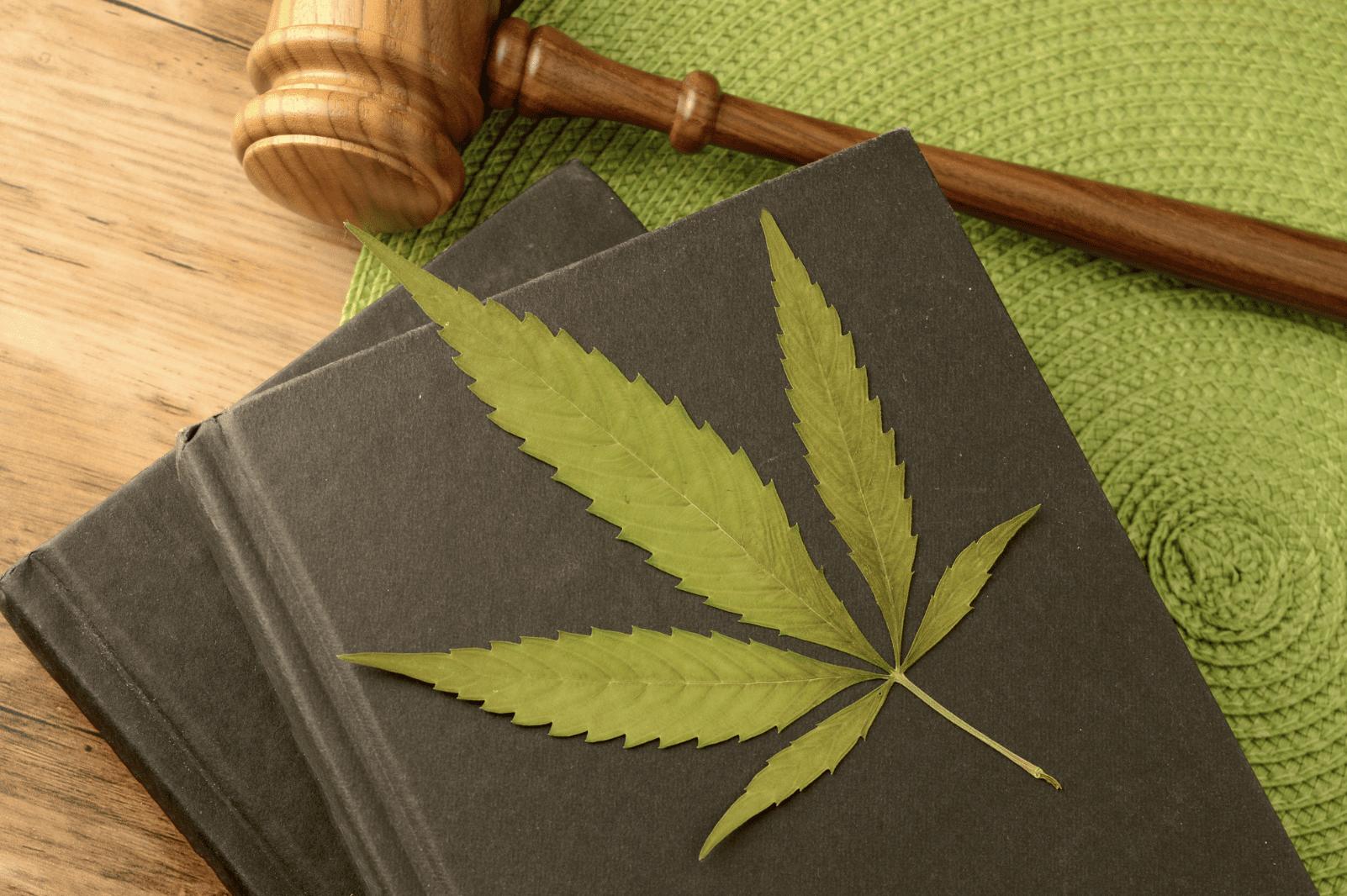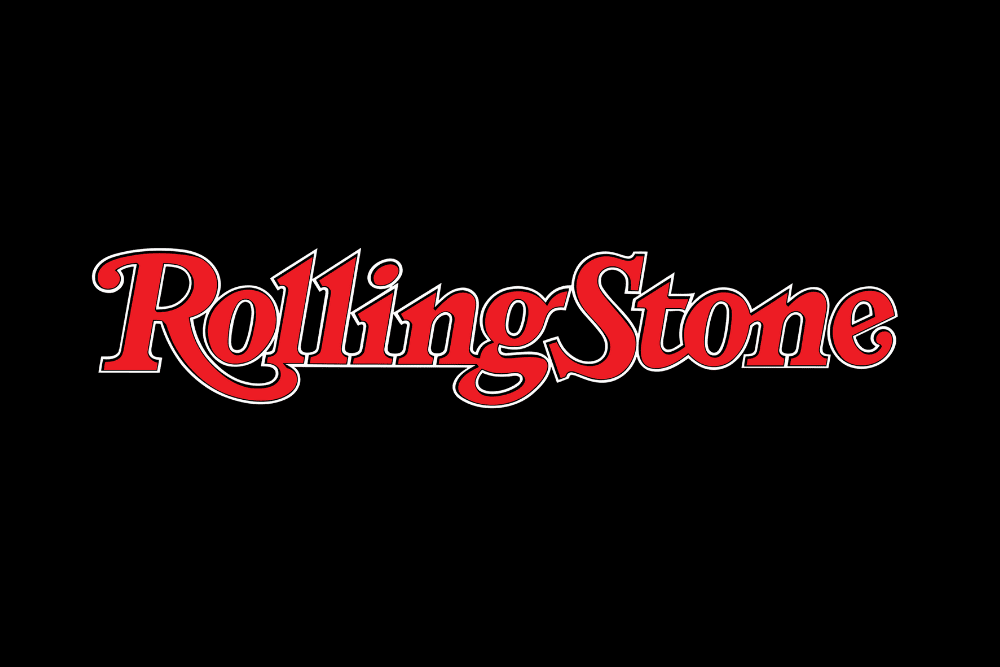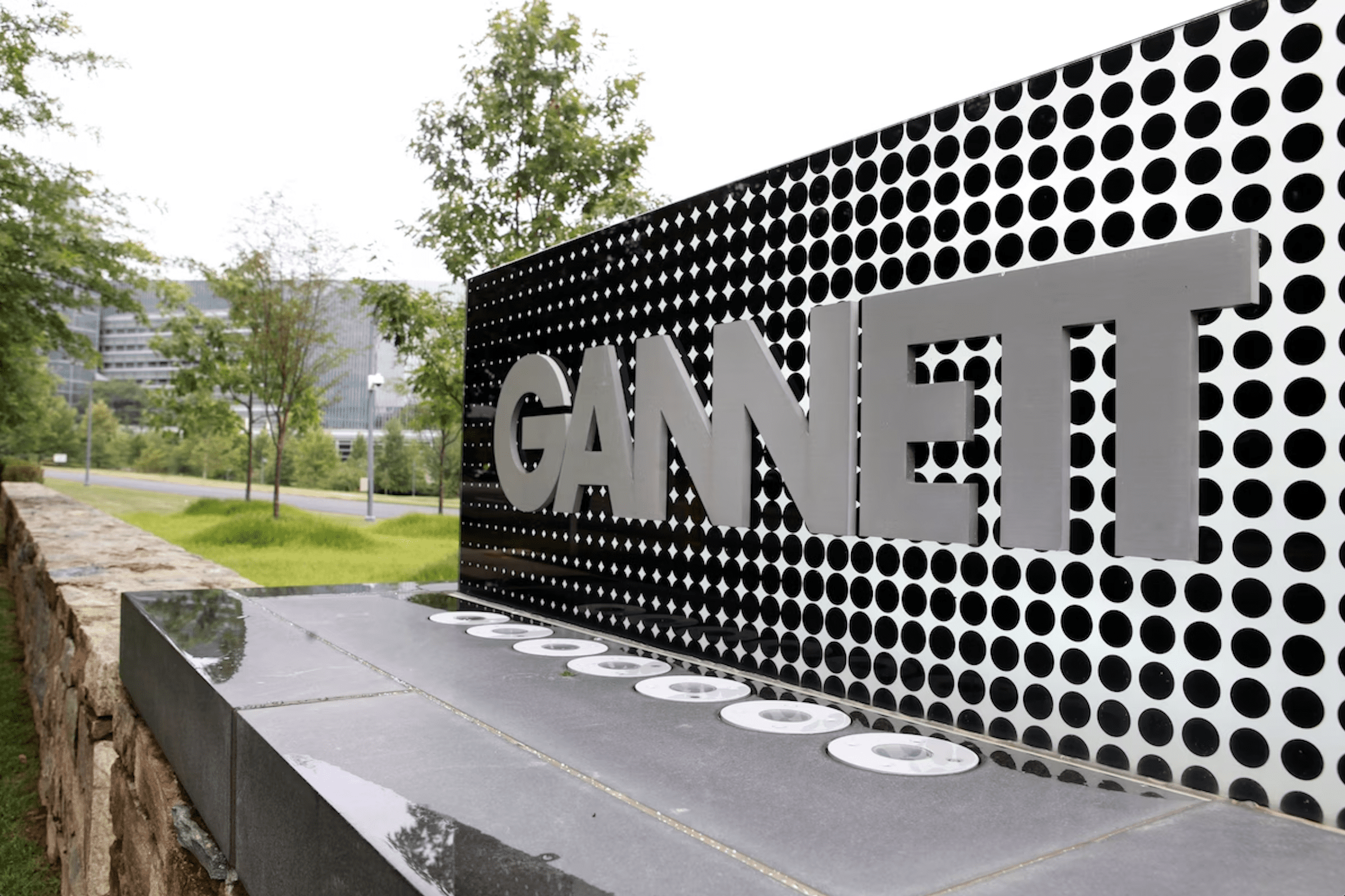When Tragedy Strikes: Understanding California’s Response to Detox Facility Deaths
Losing a loved one who entered a detox facility seeking help for substance abuse is a devastating experience that no family should endure. The shock and grief become even more overwhelming when you suspect the facility’s negligence or inadequate care contributed to the death. If your family member died while receiving treatment at a Los Angeles detox center, you may wonder what happens next—who investigates, what authorities get involved, and whether anyone will be held accountable. California has specific regulatory processes that activate when a patient death occurs in a licensed substance abuse treatment facility, involving multiple state agencies and potentially leading to both administrative actions and legal consequences for the facility.
💡 Pro Tip: Document everything immediately after learning of a death—request copies of all medical records, incident reports, and communications with facility staff while details are fresh and records are available.
If you’re navigating the complex aftermath of a detox facility tragedy, let MSD Lawyers be your guide. Our team is here to help you every step of the way. Reach out to us at 213-401-0823 or contact us to ensure your voice is heard and justice is pursued.
Your Rights When Seeking Help from a Detox Clinic Death Lawyer in Los Angeles
California law provides multiple avenues for families seeking justice after a detox facility death. Under state regulations, all licensed substance abuse treatment facilities must report patient deaths to the Department of Health Care Services (DHCS) within 24 hours, triggering an immediate investigation process. Families have the right to file formal complaints through the DHCS substance abuse treatment facility complaints system, which can lead to administrative sanctions, license revocation, or criminal referrals. Beyond regulatory actions, families can pursue civil wrongful death claims against facilities that failed to provide adequate care, proper medical supervision, or safe detoxification protocols. A detox clinic death lawyer in Los Angeles can help navigate both the regulatory investigation process and potential civil litigation to ensure all responsible parties are held accountable.
💡 Pro Tip: Request a copy of the facility’s licensing history and any prior violations from DHCS—patterns of non-compliance strengthen both regulatory complaints and civil cases.
The Investigation Timeline: From Initial Report to Final Resolution
Understanding the regulatory investigation timeline helps families know what to expect while working with a detox clinic death lawyer in Los Angeles. The process typically unfolds over several months, with multiple agencies potentially involved depending on the circumstances of the death. California drug and alcohol treatment facility oversight audit findings show that thorough investigations require extensive documentation review, witness interviews, and medical expert consultations.
- Within 24 hours: Facility must report the death to DHCS and local authorities
- Days 1-7: DHCS initiates preliminary investigation and may conduct on-site inspection
- Weeks 2-4: Medical examiner completes autopsy; toxicology results may take 6-8 weeks
- Months 1-3: DHCS reviews medical records, interviews staff, and evaluates compliance with Title 9 regulations
- Months 3-6: Investigation findings issued; facility may face citations, fines, or license actions
- Months 6-12: Administrative appeals process if facility contests findings; parallel civil litigation may proceed
💡 Pro Tip: Don’t wait for the regulatory investigation to conclude before consulting an attorney—civil statute of limitations continue running regardless of administrative proceedings.
How MSD Lawyers Champions Families Through Regulatory Investigations
When California regulators investigate a detox clinic death, families need experienced legal guidance to ensure their voices are heard throughout the process. MSD Lawyers understands the complex interplay between regulatory investigations and civil liability, helping families participate effectively in DHCS proceedings while building strong wrongful death cases. Our team works closely with medical experts to identify failures in detoxification protocols, inadequate medical monitoring, and violations of California’s substance abuse treatment regulations. We help families submit comprehensive complaints to regulatory agencies, attend administrative hearings, and pursue maximum compensation through civil litigation when facilities’ negligence contributes to preventable deaths.
💡 Pro Tip: Keep a detailed timeline of all interactions with regulators, including names, dates, and summaries of conversations—this documentation proves invaluable during both regulatory and civil proceedings.
Critical Violations That Trigger Intensive Regulatory Scrutiny
Not all detox facility deaths result in the same level of regulatory response. A detox clinic death lawyer in Los Angeles can identify specific violations that typically prompt more aggressive investigations and severe sanctions. The most serious violations include failure to conduct proper medical assessments before admission, inadequate monitoring during the critical first 72 hours of detoxification, absence of qualified medical staff during high-risk withdrawal periods, and improper medication management or administration. When investigators discover systemic failures rather than isolated incidents, facilities face heightened scrutiny and potential criminal referrals.
Red Flags in Medical Detoxification Protocols
Certain medical conditions and substance dependencies require specialized detoxification protocols that many facilities fail to implement properly. Alcohol and benzodiazepine withdrawal can cause life-threatening seizures without proper medical management, while opioid detoxification requires careful monitoring for dehydration and electrolyte imbalances. Facilities that lack 24-hour nursing coverage, don’t have physician oversight, or fail to transfer patients to hospitals when medically necessary often contribute to preventable deaths. These protocol failures become central evidence in both regulatory actions and wrongful death lawsuits.
💡 Pro Tip: Request the facility’s written detoxification protocols and compare them to actual practices documented in medical records—discrepancies often reveal negligence.
Understanding DHCS Enforcement Powers and Sanctions
The Department of Health Care Services wields significant enforcement authority when investigating detox facility deaths. Beyond standard citations and fines, DHCS can issue immediate suspension orders that halt admissions, require facilities to submit corrective action plans with strict timelines, mandate additional staff training and certification requirements, or initiate license revocation proceedings for severe or repeated violations. When working with a detox clinic death lawyer in Los Angeles, families should understand these enforcement options to advocate effectively for appropriate sanctions that protect future patients while holding facilities accountable for past failures.
How Prior Violations Impact Current Investigations
DHCS substance abuse treatment facility complaints create a documented history that influences how regulators approach new investigations. Facilities with patterns of violations face presumptions of systemic problems rather than isolated incidents, leading to more comprehensive investigations and severe sanctions. Regulators examine whether previous corrective action plans were properly implemented, if similar violations contributed to the current death, and whether facility leadership demonstrated willful disregard for patient safety. This violation history often provides crucial evidence for civil cases, demonstrating the facility knew or should have known about dangerous conditions.
💡 Pro Tip: Search DHCS’s website for any prior enforcement actions against the facility—this public information can reveal patterns of dangerous practices.
Coordination Between Criminal and Civil Investigations
When a detox clinic death involves potential criminal negligence, multiple investigations proceed simultaneously. Local law enforcement may investigate criminal liability while DHCS conducts administrative proceedings and families pursue civil wrongful death claims through a detox clinic death lawyer in Los Angeles. These parallel investigations require careful coordination to protect evidence, preserve witness testimony, and avoid actions that might compromise other proceedings. Criminal investigations typically take precedence, potentially delaying access to certain evidence or witnesses until prosecutors complete their work.
Preserving Evidence Across Multiple Proceedings
Evidence preservation becomes critical when multiple agencies investigate a detox facility death. Medical records, surveillance footage, staff communications, and medication logs must be secured quickly before they’re altered or destroyed. California drug and alcohol treatment facility oversight audit procedures require facilities to maintain specific records, but experience shows some facilities attempt to modify documentation after adverse events. Working with experienced counsel ensures proper evidence preservation requests are filed with all investigating agencies and the facility itself.
💡 Pro Tip: File formal preservation letters immediately with the facility and all agencies involved—this legal notice can prevent "accidental" loss of crucial evidence.
Frequently Asked Questions
Understanding the Investigation Process
Families often have numerous questions about what to expect when regulators investigate a detox facility death. The process can seem overwhelming, but understanding key aspects helps families participate effectively and protect their rights.
💡 Pro Tip: Prepare a list of specific questions about your loved one’s care before meeting with investigators—focused inquiries often yield more helpful information than general discussions.
Legal Rights and Next Steps
Knowing your rights during regulatory investigations and understanding how they connect to potential civil claims helps families make informed decisions about seeking justice.
💡 Pro Tip: Don’t sign any documents from the facility without legal review—some facilities attempt to obtain liability releases disguised as information requests.
1. How long does a DHCS investigation typically take after a detox clinic death?
DHCS investigations typically take 3-6 months for standard cases, but complex investigations involving multiple violations or criminal referrals can extend to 12 months or longer. The agency must balance thoroughness with timeliness, often conducting multiple site visits and extensive document reviews.
2. Can families participate directly in the regulatory investigation process?
Yes, families have rights to file formal complaints, provide witness statements, submit evidence, and receive updates on investigation progress. Working with a detox clinic death lawyer in Los Angeles ensures maximum participation while protecting potential civil claims.
3. What’s the difference between regulatory sanctions and civil lawsuit damages?
Regulatory sanctions like fines and license actions punish facilities and protect future patients but don’t compensate families. Civil wrongful death lawsuits seek monetary damages for families’ losses, including medical expenses, funeral costs, lost support, and emotional suffering.
4. How do criminal investigations affect civil wrongful death cases?
Criminal investigations may delay civil cases while prosecutors build their cases, but criminal convictions can strengthen civil claims by establishing negligence. However, families can proceed with civil cases even without criminal charges, as the burden of proof differs between criminal and civil proceedings.
5. What records should families request from the detox facility?
Request complete medical records, admission assessments, medication administration records, nursing notes, incident reports, staff credentials and training records, and any internal investigations. California law requires facilities to provide these records within 15 days of written request.
Work with a Trusted Detox Clinic Deaths Lawyer
Navigating the aftermath of a loved one’s death in a detox facility requires experienced legal guidance to ensure both regulatory accountability and fair compensation. The intersection of administrative investigations, potential criminal proceedings, and civil litigation creates complex challenges that demand comprehensive legal strategy. Families need attorneys who understand California’s substance abuse treatment regulations, maintain relationships with medical experts who can identify substandard care, and have experience coordinating with regulatory agencies while pursuing maximum compensation through the civil justice system.
Seeking justice after a tragedy at a detox facility can be daunting. Let MSD Lawyers be your trusted partner in navigating this challenging process. Contact us today at 213-401-0823 or contact us to make sure your voice is heard and your rights are protected.













